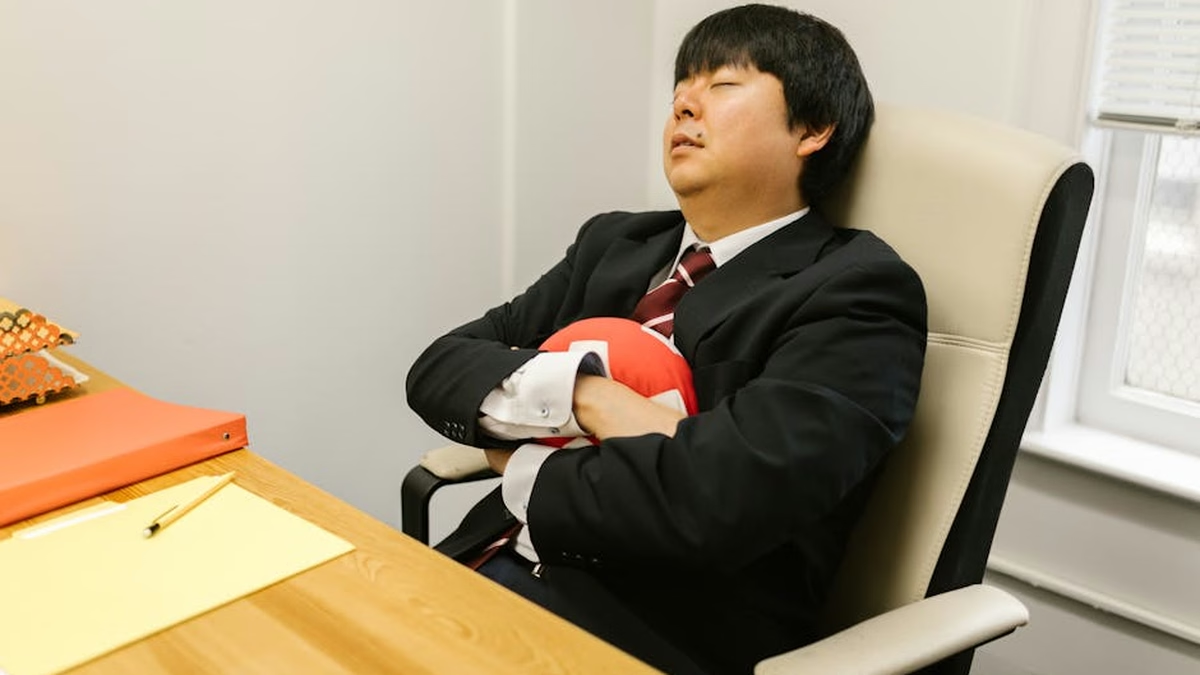Do you wake up with a sore jaw, a dull headache, or teeth that feel sensitive and worn down? If so, you might be one of the many people who unconsciously grind their teeth at night. It’s a common problem, but that doesn’t make it any less frustrating – or damaging. The good news is, you’re not alone, and there are answers and solutions available. Let’s explore what might be causing this nighttime habit and what you can do to find relief.
Understanding Bruxism: More Than Just a Bad Habit
The technical term for teeth grinding and clenching is bruxism. It can happen during the day or night, but nocturnal bruxism (the kind that occurs while you sleep) is often more challenging to control because you’re unaware it’s happening. Imagine the force you’re unknowingly putting on your teeth for hours each night!
Bruxism isn’t just about making noise while you sleep (though that can certainly be a concern for your partner!). It can lead to a range of dental and health problems, including:
- Tooth damage: Worn enamel, flattened teeth, chips, and fractures.
- Jaw pain and stiffness: Temporomandibular joint (TMJ) disorders.
- Headaches: Tension headaches, especially in the temples.
- Earaches: Pain radiating from the jaw.
- Sleep disruption: Although you may not realize it, grinding can disrupt your sleep cycle.
What’s Causing You to Grind Your Teeth? Exploring the Root Causes
Pinpointing the exact cause of nighttime teeth grinding can be tricky because it’s often multifactorial. However, some common culprits include:
Stress and Anxiety
Stress is a major trigger for bruxism. When you’re feeling overwhelmed, anxious, or tense, you’re more likely to clench your jaw and grind your teeth, even while you sleep. Think of it as your body’s way of releasing pent-up tension.
Sleep Disorders
Sleep apnea, a condition where you repeatedly stop and start breathing during sleep, is strongly linked to bruxism. Other sleep disturbances, like insomnia or restless legs syndrome, can also contribute. Addressing underlying sleep problems can often help reduce or eliminate teeth grinding.
Also Read: Oil Pulling: The Ancient Trick That’s Making a Comeback in Dentistry
Misaligned Teeth or Jaw
Malocclusion (misaligned teeth) or a misaligned jaw can put extra stress on your jaw muscles, leading to clenching and grinding. This is because your jaw is constantly trying to find a comfortable position, even during sleep.
Medications and Substances
Certain medications, particularly antidepressants and stimulants, can have bruxism as a side effect. Similarly, excessive caffeine, alcohol, and tobacco use can also increase your risk of grinding your teeth. It is essential to discuss any medications you are taking with your doctor and consider lifestyle changes if substance use is a factor.
Other Medical Conditions
In rare cases, bruxism can be associated with certain neurological conditions, such as Parkinson’s disease or Huntington’s disease. If you have other symptoms that concern you, it’s important to consult with a medical professional.
Finding Relief: Strategies to Stop Teeth Grinding
Thankfully, there are several effective strategies to manage and reduce teeth grinding at night:
Mouthguards and Splints
A custom-fitted mouthguard or splint, prescribed by your dentist, is often the first line of defense. It acts as a cushion between your teeth, preventing them from grinding against each other and protecting your enamel. Over-the-counter options are available, but custom-fitted guards provide a more comfortable and effective solution.
Stress Management Techniques
Since stress is a major trigger, incorporating stress-reducing activities into your daily routine can make a big difference. This could include:
- Meditation or mindfulness exercises: Even a few minutes a day can help calm your mind.
- Yoga or stretching: Releases tension in your body.
- Regular exercise: Burns off stress hormones and improves sleep.
- Deep breathing exercises: Can be done anywhere, anytime you feel stressed.
Jaw Exercises and Massage
Performing gentle jaw exercises and massaging your jaw muscles can help relieve tension and improve flexibility. Your dentist or physical therapist can recommend specific exercises tailored to your needs.
Lifestyle Adjustments
Making small changes to your lifestyle can also help. Consider these:
- Reduce caffeine and alcohol intake, especially before bed.
- Quit smoking.
- Establish a relaxing bedtime routine.
- Avoid chewing gum or biting your nails during the day.
Professional Help
If self-help measures aren’t enough, consider seeking professional help. A dentist can assess your teeth and jaw, recommend appropriate treatment options, and rule out any underlying dental issues. In some cases, a doctor may recommend muscle relaxants or other medications to help reduce muscle tension. Cognitive Behavioral Therapy (CBT) can also be effective in addressing the underlying psychological factors contributing to teeth grinding.
Protecting Your Smile and Your Well-being
Nighttime teeth grinding is a common problem with potentially serious consequences. By understanding the possible causes and implementing effective strategies, you can protect your teeth, reduce pain, and improve your overall quality of life. Don’t hesitate to reach out to your dentist or doctor for guidance and support. Taking proactive steps is an investment in your long-term health and happiness.
Remember, addressing teeth grinding is not just about protecting your teeth; it’s about taking care of your overall well-being. By prioritizing stress management, improving sleep habits, and seeking professional help when needed, you can break free from this nighttime habit and wake up feeling refreshed and pain-free. You deserve a good night’s sleep and a healthy smile. Start your journey to relief today!





